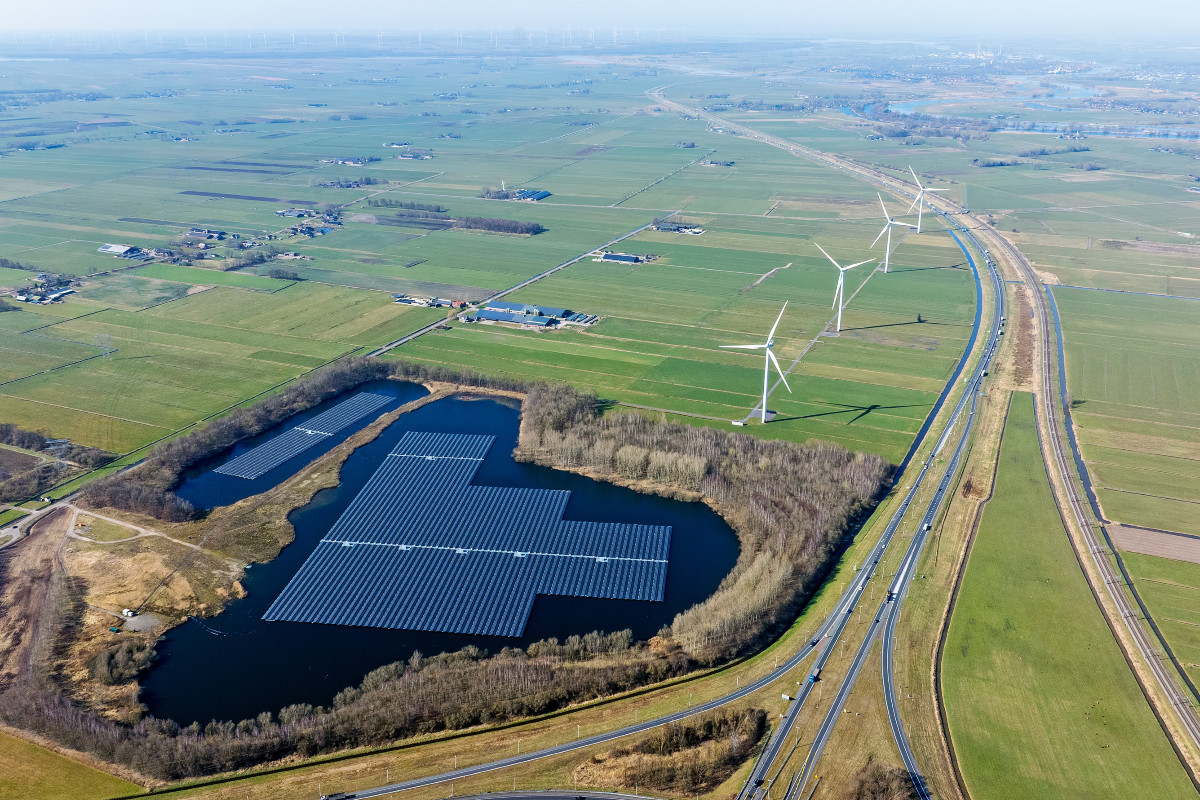The UK approved a record 16.1GW of renewable energy capacity across 323 projects in the second quarter of 2025, a 195% rise year-on-year.
That’s according to a new report from the Financial Times that used the Government’s own figures to track the rise of approvals in Q2 2025. It found that the soaring approvals followed the Labour Government’s push to build cleaner electricity sources, with a target of 95% carbon-free electricity by 2030.
Since taking office, the Labour Government has sought to simplify and speed up planning after years of developer complaints about bureaucracy – which was a major barrier to building new capacity.
Within days of the new administration, Energy Secretary Ed Miliband waved through several solar farms, while Rachel Reeves scrapped the de facto ban on onshore wind farms during her maiden speech as Chancellor. That was followed by other high-profile approvals to renewable energy infrastructure, such as SSE securing consent from the Scottish Government for its Berwick Bank offshore wind project.
The real highlight when it comes to approvals can be seen in the rise of large-scale energy storage projects, which despite well-publicised dissent from some communities, have seen great success across the UK in recent months. In fact, between April and June 2025, developers filed 100+ planning applications for battery energy storage systems totalling 8.4GW — more than double the same quarter last year.
Over the year to June, applications reached 30GW across 400 schemes. To hit its 95% clean power goal, the Government estimates Britain will need 23–27 GW of battery storage by 2030, up from roughly 6GW today.
Why are battery storage projects surging in the UK?
There are numerous reasons behind the surging approvals of battery energy storage facilities across the UK, but one of them comes down to planning. While the UK Government is making efforts to streamline planning consent for all projects in the UK, energy storage has long been a smoother ride to planning success compared to wind and solar projects.
Additionally, average annual BESS revenues have quadrupled to £92,000 per MW in January 2025 vs 2024, according to Cornwall Insight. That’s coupled with falling costs for batteries, many of which are imported from China, that makes it a very attractive proposition to invest in energy storage right now. It’s also leading to larger sites, such as the recently-approved Thurrock Storage, which is said to be the UK’s largest energy storage project.
Despite the recent success behind renewables, including battery energy storage projects, there continues to be headwinds which could hinder progress. That includes the still-needed reform on grid connections, and even more progress to making planning applications smoother. According to the FT, Reeves is currently looking into making it harder to block developments solely on environmental grounds, which could give a further boost to the sector.

